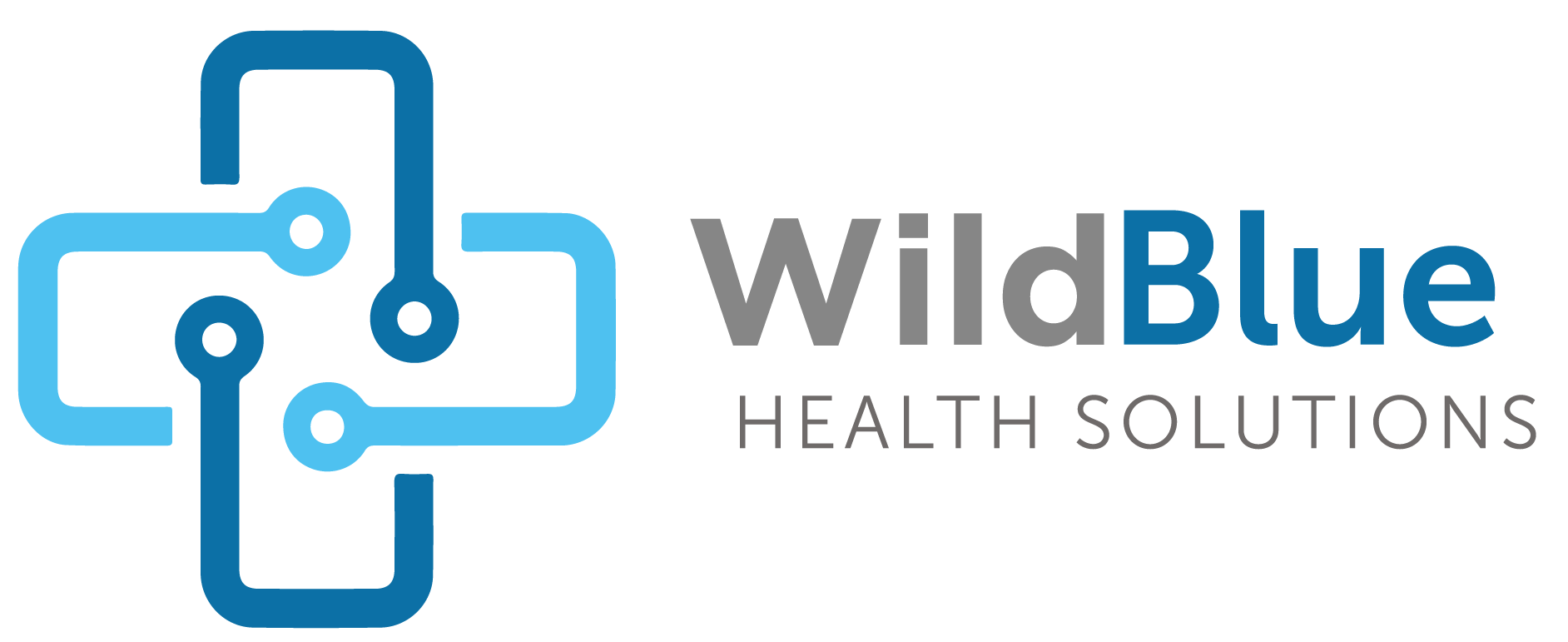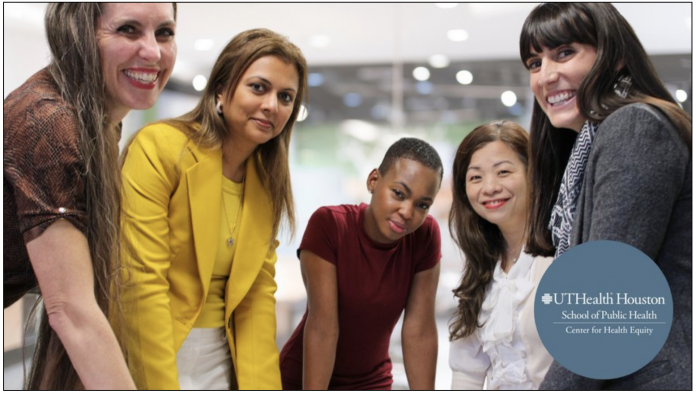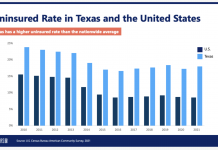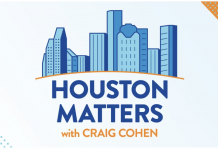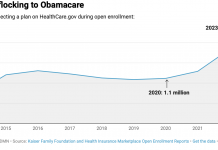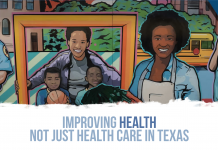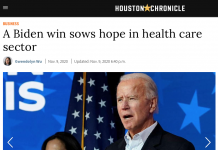We have been early explorers and investors into what was for many years called the “social determinants of health” or SDOH. While some people intuitively understand the importance of non-medical influences or drivers of health outcomes, the institutional health infrastructure systems typically did not officially recognize non-medical drivers of health outcomes nor did they – and this is crucial – create provider reimbursements or provider codes for non-medical organizations that contribute to better outcomes.
Today, we are celebrating the launch of the Center for Health Equity headquartered at UTHealth Houston School of Public Health.
If you’re new to the conversation around non-medical influences on health outcomes, here are two useful situations to consider as examples:
1 – Food. Imagine you live in a “food desert” with no easily reachable grocery stores selling fresh produce. Instead, your neighborhood has lots of small convenience stores offering packaged and highly processed food products. Eating gas station hot dogs and salty chips, plus drinking lots of 99¢ sodas, will create generally worse health outcomes than eating fresh fruit and vegetables, right? We’re not talking about once a year, or even once a month, grilled hot dogs with spicy chips and pickles at a picnic. We’re talking daily consumption of highly processed foodstuff containing little if any nutritional value, which plays havoc with our health.
2 – Money. Generally, the more money we have, the healthier our lives. Not always, of course! Sometimes wonderfully healthy people have no money and few resources, but study after study shows that Americans in low-wage jobs tend to have significantly worse health outcomes than wealthy Americans who otherwise have similar characteristics (age, ethnicity, etc.). Why? Americans working low-wage jobs tend to lack access to care, including lacking time in their schedules to visit a doctor or clinic during normal working hours.
While both money and food are relatively quick dots to connect as non-medical influences on health outcomes, the full scope is both broader and deeper. Wild Blue and many of our colleagues have been in these conversations for years, investing in research, pilot programs, and evidence-based solutions.
Systemic solutions: One of the early pieces of positive progress is payor codes for known health influencers, for example, being able to reimburse a regional food bank for delivering fresh produce or even meals.
We are glad the new Center for Health Equity will “create, advance, and sustain research opportunities spanning the continuum of care to improve understanding of disease and health disparities, including the structural, behavioral, environmental, social, economic, and health literacy factors related to the prevention and control of chronic disease across the lifespan.”
We look forward to seeing what the Center and its colleagues and partners will create.
